Prologue
Let me start with a little anecdote: I was involved in bat conservation for several years. At a relevant event, I explained the physiology of bats to children, particularly the "hand". I explained to them that the wings are constructed in the same way as the human hand. In this respect, bats are like us humans.
What followed was quite bizarre. A mother standing next to her husband was so outraged that her husband had to intervene to defuse the situation, even in front of the children. For her, it was impossible to compare animals with humans because "we" are not animals.
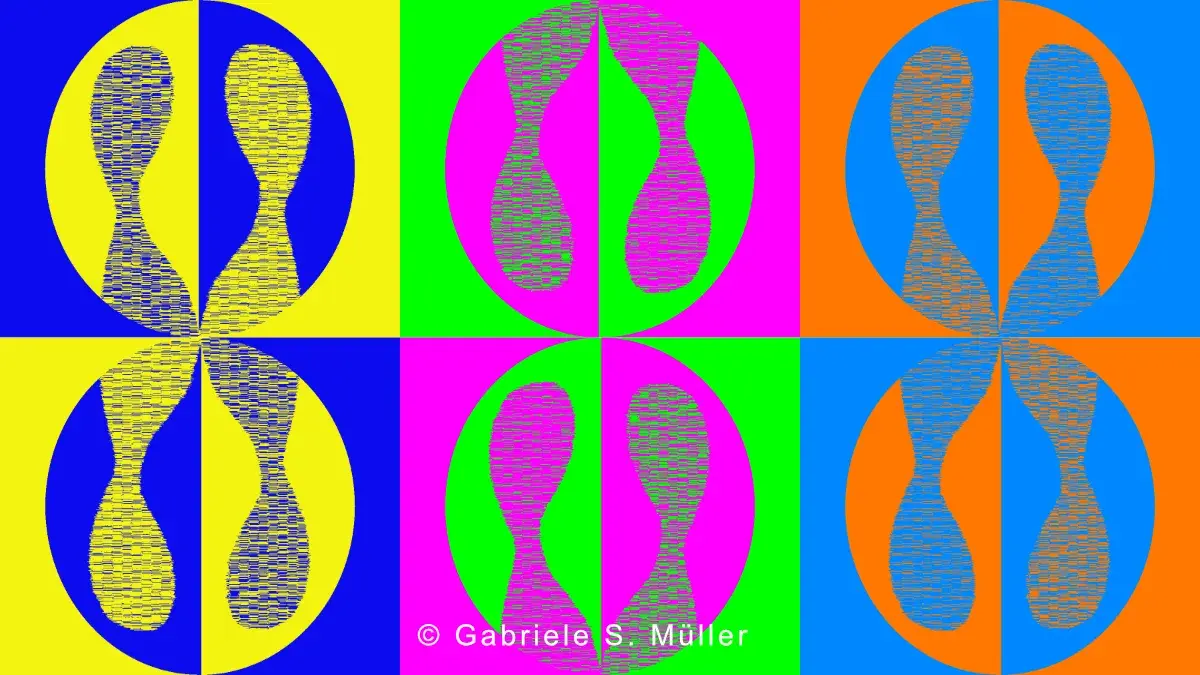
What is a human being and what makes a human being a human being?
Biologisch bzw. zoolgisch betrachtet, ist der Homo sapiens sapiens, um die wissenschaftliche Terminologie zu nutzen, ein Primat, ein Säugetier. Dieser Primat hat sich jedoch weitestgehend von sich selbst und seiner Umwelt entfremdet. Wie diese Mutter, die sich einfach für was „Besseres“ hielt. Über der Natur, der Schöpfung stehend sozusagen, denn schließlich kann dieser anthropomorphische Zweibeiner denken und noch so viel mehr. Wir werden sehen…
A lance in favour of "human design"
One characteristic that "very human humans" have, as I like to say, is a wealth of judgment and condemnation. We all know them. But, if we are honest with ourselves and attentive enough, we often catch ourselves making the judgements we have already made, which quite a few of us believe to be the unbreakable truth. This is often coupled with a fair amount of indignation. True to the motto: "I am indignant, therefore I am". This is a very human characteristic, if not the most human of all. I have yet to have an outraged bat fly around my ears.
Now I'm taking up the lance in favour of "human design". What sometimes gets on our nerves was once an evolutionary advantage. The judgement of Homo sapiens sapiens was no less a matter of life and death. When the sabre-toothed tiger is after me, I have to recognise and assess the situation in a fraction of a second and act accordingly if I don't want to be eaten for breakfast.
I'm in survival mode and I only have two options: "fight or flight". It's not great fighting with a broken lance, so the only option is to flee. What probably saves me is my outstanding and quick judgement. But what does the archaic homo sapiens have in common with the contemporary representative of our species in the 21st century? We have long since outgrown ourselves. Or have we not?
Evolution is in no hurry. And so Homo sapiens sapiens no longer provides adequate answers to the challenges it has created itself. In this context, however, the word "reaction" is probably more appropriate. Most of the time we react - often unconsciously. I answer when I have thought it through. Or I decide not to respond at all.
A reaction is usually instinctive and is based on programming or conditioning. An automated response, so to speak, to supposedly threatening circumstances. This is where our evolutionary heritage gets in the way if we are not mindful enough and practise self-observation.
Humanism: A journey through history
What is humanity and who defines it?
The preoccupation with oneself and "being human" is probably as old as our species itself. Since then, humans have been constantly trying to gain knowledge about the world, themselves and their role in it and the universe.
We are living in times in which it is possible for (almost) everyone to acquire knowledge about the most diverse ideas, theories and "world" views or to engage with them.
For the curious, here's a tip from the ZDF media centre: Infinity - Secrets of the cosmos: How does the universe come into being? - ZDFmediathek
A three-part mini-series dedicated to mysterious phenomena in the universe and the question of whether the universe is actually infinite. Don't worry, there's no risk of spoilers. I don't want to spoil the fun for the curious and excited.
There are many definitions. They depend on culture, epoch and religion.
The Renaissance - the image of the individual
The image of man changed during the Renaissance. A prominent role in this was played by the humanism. This intellectual movement emphasised the dignity and freedom of the individual and had a significant influence on the development of Western culture.
Humanism flourished in Europe in the 15th and 16th centuries. Scholars such as Desiderius Erasmus, Thomas More and Pico della Mirandola propagated ideas such as education for all, free thought and human dignity.
The emphasis was on reason and critical thinking. The focus was primarily on the individual and their rights. Art itself was strongly influenced by the ideas of humanism. Here, too, the individual was placed at the centre and gave us magnificent masterpieces of artwork that we bow down to in admiration today. And quite rightly so. In addition to the pursuit of education for all, tolerance and respect for different beliefs played a central role, especially in religious views. Religious freedom was and is not a matter of course everywhere on this planet.
The Age of Enlightenment - the modern image of man emerges
In the 18th century, the Age of Enlightenment was based on humanist ideals. In addition to criticising authorities and traditions, they strived above all for freedom and reason, both for society as a whole and for the individual. Names such as Immanuel Kant, who can certainly be described as the father of the Enlightenment because he was instrumental in shaping it, John Locke, the English philosopher who promoted the ideas of individual freedom, the separation of powers and human rights, and David Hume, who critically examined human knowledge and the nature of religion, are inevitably associated with this era.
The French writer and philosopher Voltaire was also influential on the Prussian court. Voltaire spent some time at the court of King Frederick II, but their relationship is described as very ambivalent. Well, an absolutist sovereign and an "enlightened" thinker, that promises plenty of dynamite.
Names such as Jean-Jacques Rousseau, who developed the ideas of popular sovereignty and the social contract, and Montesquieu, who popularised the idea of the separation of powers in politics, which we take for granted today, should not be forgotten here. Article 20 of the Constitution of the Federal Republic of Germany states: "The people are the sovereign..."
These thinkers provided lasting impulses that not only changed the image of man in general but also had a profound influence on modern society and thinking.
A little tidbit about the humour of our species. In English-speaking countries, the Age of Enlightenment is also known as "The Enlightenment". It is so extremely humorous because this period was also characterised by questioning the omnipotence of the church, religiosity and mysticism. The enlightenment of the spirit or mind, or "The Enlightenment", appeared to be possible solely through reason. At least that is how I explain this term. Incidentally, the term "Aufklärung" is also used in English. Perhaps it is a little confusing for those who only read the English text. But I'll take my chances. Perhaps someone will comment on this statement and have a more plausible explanation.

Liberty - Equality - Fraternity: The idea of the self-determined human being
Declaration of the Rights of Man and of the Citizen in 1789
Jean-Jacques-François Le Barbier, Public domain, via Wikimedia Commons
250 years ago, with the French Revolution and its consequences, the concept of humanity or humanism has changed extensively once again. Or rather, it has expanded and outgrown itself. With these developments, humanity has also outgrown itself, whether it wanted to or not. The end of absolutism and feudal rule heralded the liberation of the peasants from serfdom.
The Declaration of the Rights of Man and the Citizen laid the foundation for democracy and popular sovereignty. Wars of independence led to the founding of republics that implemented democracy, or kingdoms that established parliamentary or constitutional monarchies.
The Industrial Revolution also brought massive changes to society, which gave rise to the forerunners of today's social systems, at least in Germany. The Renaissance as well as the French and Industrial Revolutions brought massive changes to the concept of humanity. This was not always without struggle or violence, as these social upheavals were a threat to the existing power structures. The struggle to end slavery is only briefly mentioned here but represents a milestone in the history of freedom and equality for all people.
However, it is striking that women have had to fight hard for "their" equality and still have to do so. This is particularly true in modern, Western cultures, where there are still considerable differences in pay for equal work, where women's right to self-determination is restricted or even criminalised, and where the socially necessary work performed by women, such as raising children or caring for relatives, not only lacks the necessary recognition, but also receives no monetary consideration from society. The self-determined woman seems to remain an idea in many places. There is still a lot to do here!
What does the future hold for humans?
We will create a new image of the human being. Both as individuals and as a society, we are once again facing revolutionary challenges that will bring massive changes and question and dissolve old power structures. The digital revolution has massively changed societies over the last 20 years and brought with it the development and rise of artificial intelligence.
It is an uncertain future that we are looking into. It is and always has been uncertain, but we like to delude ourselves into thinking that it is not and that we can control everything. Many uncertainties and fears go hand in hand with these developments, such as the loss of a job or profession, abuse of power and the uncontrollability of this technology, to name but a few. This revolution also harbours enormous development opportunities for medicine, climate change, space travel and also for the individual, as it promises more freedom and independence. Possibly. So there is no denying that there is plenty of room for speculation here. There are no limits to creativity. For better or for worse!
The creative human
For me, creativity is probably the most outstanding human characteristic. No species has changed this planet so dramatically, not always in favour of our cosmic home in an infinite universe. It is our home in this empty infinity. We should urgently embrace this realisation because there is no other, no second home in the cosmos. Otherwise, we may run out of time and there will no longer be any image of humanity, not even one that could be changed.
But despite all the gloomy prospects, there is always a spark of hope coupled with optimism that humanity has enough creative potential to solve the problems ahead, even if they are created on their own.
The extent of creativity, which incidentally is not a speciality of modern man, quite the opposite, should inspire us with awe. We should bow before our ancestors, who creatively shaped their future and our present. Despite all the adversities they faced. Whether future generations will thank us for our creativity in solving problems and developing our societies is entirely up to us. History will be the judge of that.
And humans are insanely curious. This is probably an essential prerequisite for being creative. Without curiosity, there are no big questions. Without great questions no discoveries, no revelations, no science and no great art and literature. Let's celebrate our curiosity because it can lead us into unknown worlds that want to be explored.
What role do we humans play and what place do we occupy in the universal context?
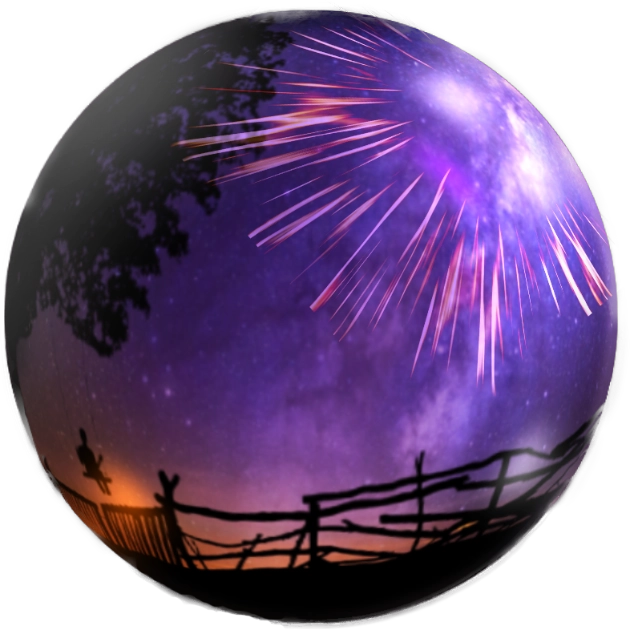
In my opinion, it is a prominent role that humanity plays in the universal context because humans are aware of themselves. At least vaguely. But every human being has a sense of "I am", even if this "I am", i.e. existence itself, is still surrounded by a veil of uncertainty and mysticism.
Of course, I am aware that there are countless ways of expressing "consciousness" on our planet that are probably in no way inferior to human consciousness. Ultimately, consciousness doesn't care. It just wants to recognise itself, through whoever or whatever.
Consciousness researchers are showing us new, previously untrodden paths that not only shed new light on our view of humanity but also on the universe itself. These findings seem more revolutionary than the change from a geocentric to a heliocentric view of the world.
Man was once the centre of the universe until Copernicus and Galileo corrected this image. Man was now alone in the universe. Above all, Descartes viewed the universe as a kind of clockwork. The mechanistic view of the world degraded man to a small cog in the universe. Because of this, humans seem insignificant, because this clockwork universe would continue to tick without the human species.
This image is as false as it is disturbing. Because one thing is certain: everything is connected to everything else. Whether we see it or not. And perhaps humans are co-creators and expressions of the underlying consciousness of all being, the cause, the driving force behind our existence. Exciting questions and prospects that are far from being answered.
Critically examining ourselves as human subjects as well as the world that surrounds us as objects, with all its qualities and creatures, opens new doors for us that we have not yet been able to see or through which we have not yet passed because we do not know what lies behind them. We have never known, and we will never know, what lies behind these doors as long as we have not passed through them.
However, mankind has always dared to discover and experience the unknown. Countless stories tell of these adventures. And we are never tired of hearing them. It is the hero's journey that is as old as humanity itself, whether it is our individual hero's journey or as a collective, as a species itself.
Changes of perspective that invite us to question our being, to rethink, to turn back, enable us to look at ourselves as individuals and redefine our humanity. For the courageous, the discovery of the lost, repressed and forgotten is just as much within the realm of possibility as shying away from and rejecting the despondent about one's humanity.
The evolution of consciousness and the mind is unstoppable. Where it leads us will probably be up to us. Perhaps one day there will be a human hybrid, the cyber human, who has become one with the technology created by themself.
By realising that the role we have been assigned is that of an agent on behalf (no, not the Queen) of consciousness, we understand that we are this consciousness itself. We are travelling on our behalf, so to speak. And if we can overcome the greatest illusion we harbour, namely the feeling of being alone and separated, we will have an outstanding future both as a species and as human individuals.
There are so many facets to being human that it would go beyond the scope of this article to list them all. Which characteristics do you think are particularly worth mentioning? Let us know in the comments.
By the way: The universe is full of poetry: dramatic, entertaining, beautiful, enigmatic! Why don't you take a look?
The Fallen Star - A Universal Poem
© Carminia Philia
The extent to which people as individuals can create their own, sometimes very dark realities is the subject of my blog post "The Dark Secret of Manifestation"
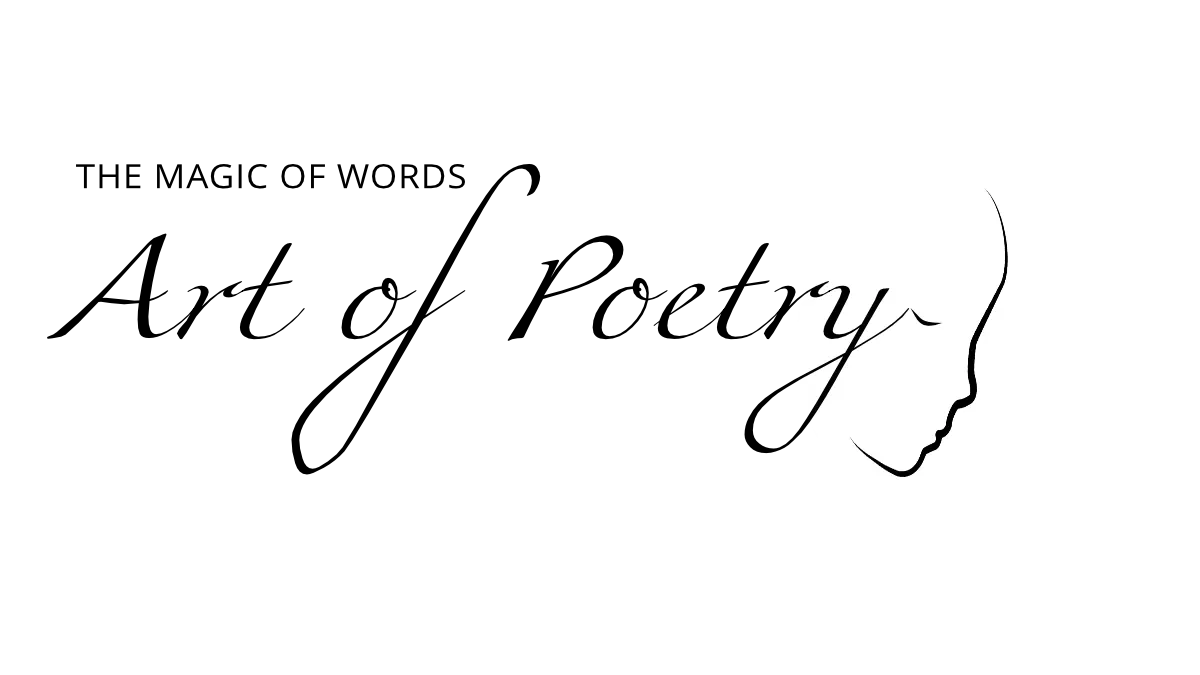
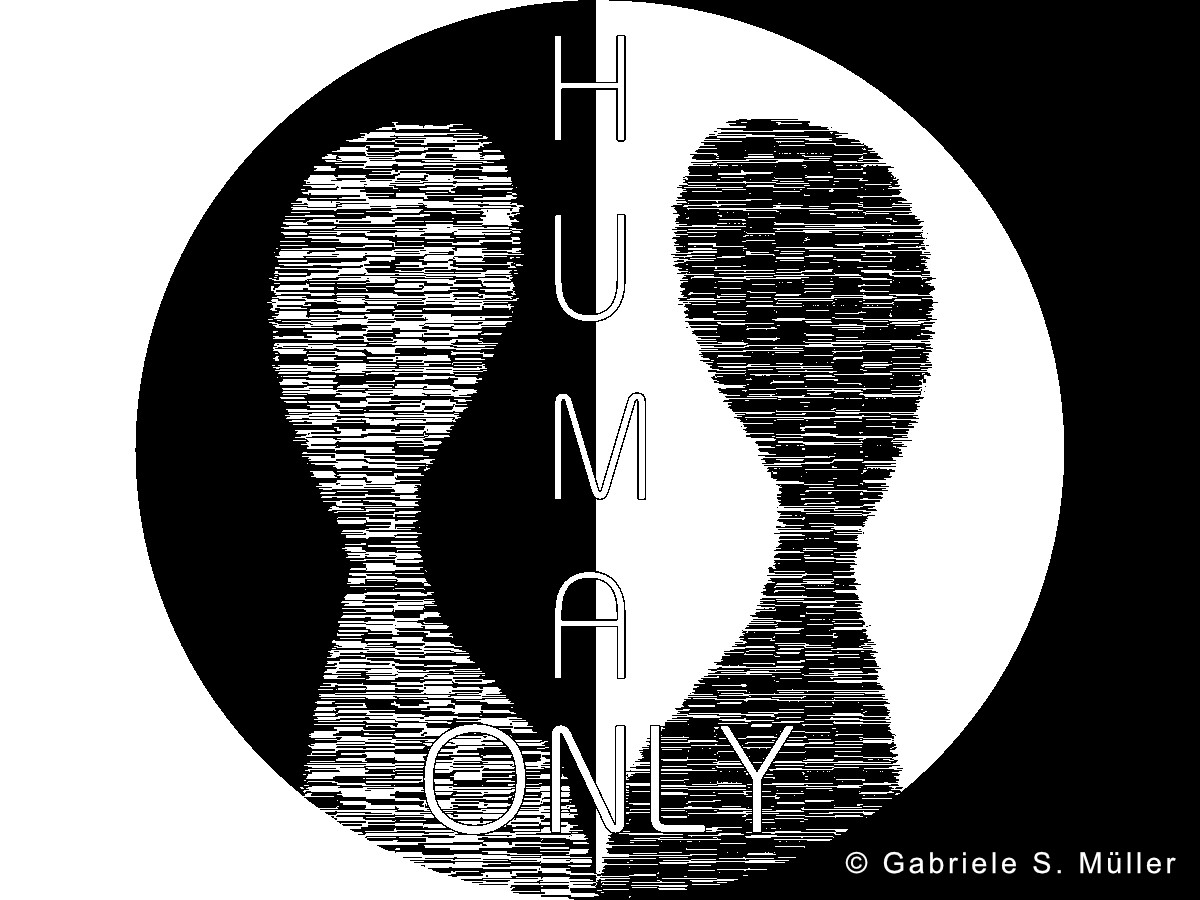
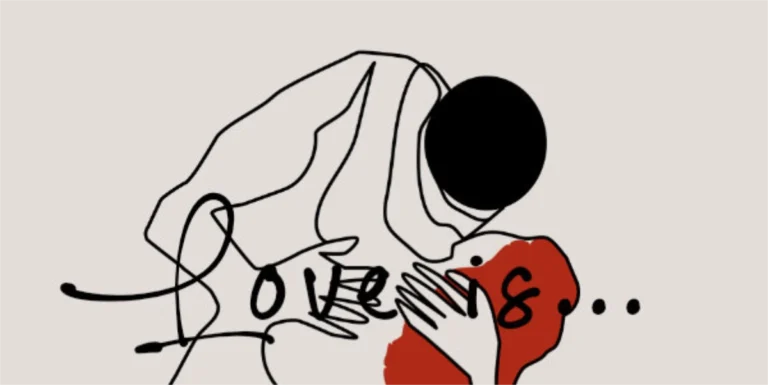
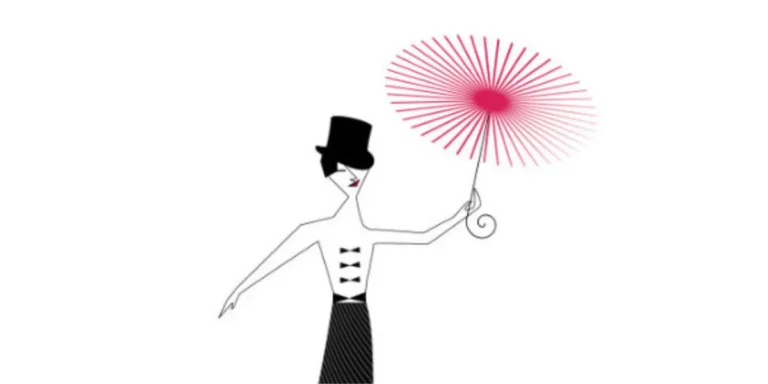
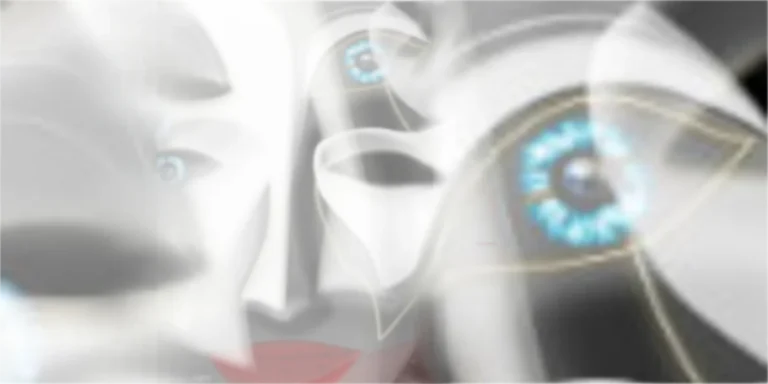

Leave a Reply